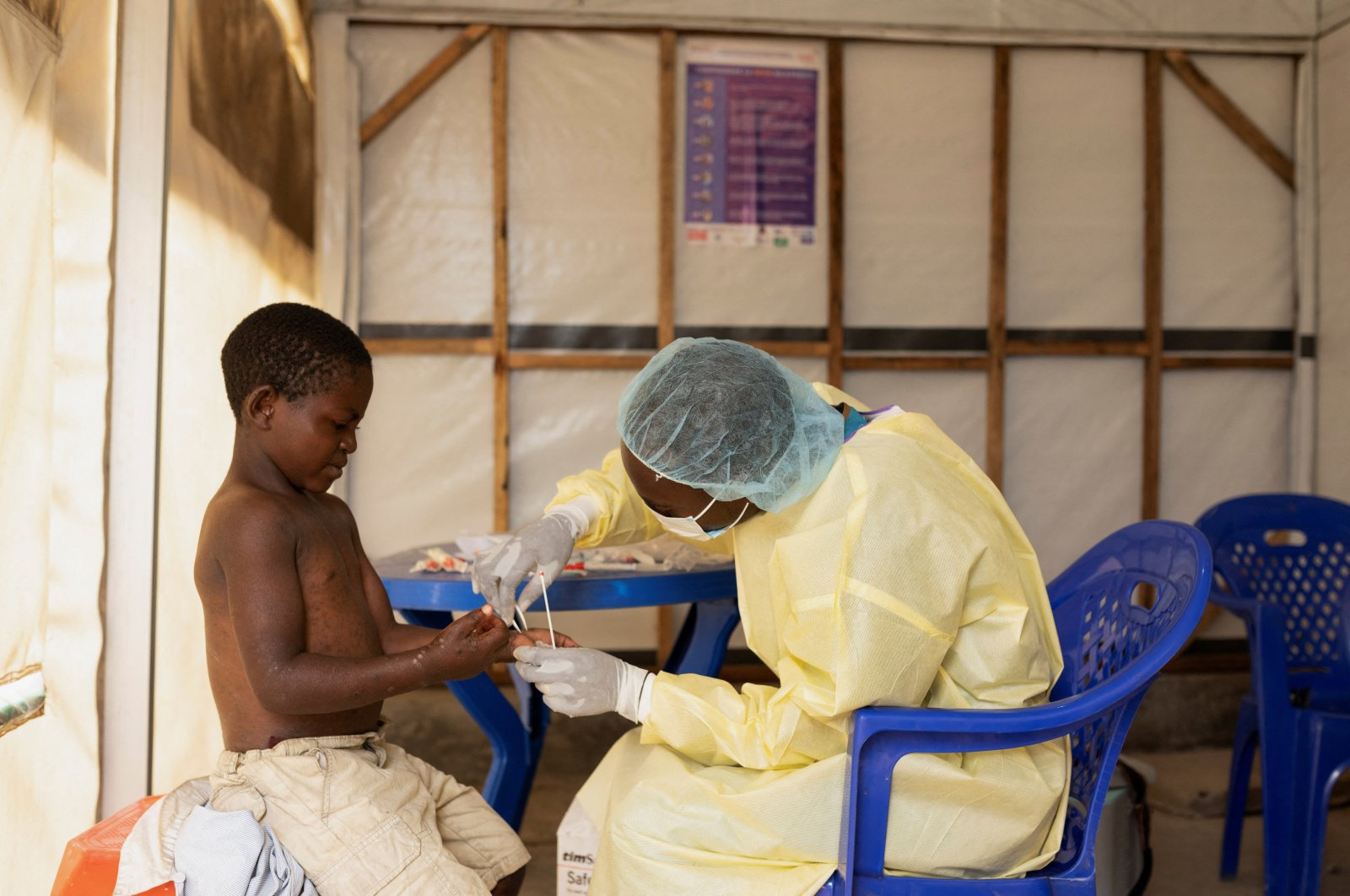
The World Health Organization (WHO) warned on Thursday more imported Clade 1 mpox cases were likely to be confirmed in Europe soon, after Sweden announced the first such case outside Africa.
"The confirmation of mpox Clade 1 in Sweden is a clear reflection of the interconnectedness of our world... there are likely to be further imported cases of Clade 1 in the European region over the coming days and weeks," the WHO's European regional office said in a statement.
Swedish health officials said Thursday they have identified the first case of a person with the more infectious form of mpox first seen in eastern Congo.
A day earlier, the WHO declared the outbreaks there and elsewhere in Africa to be a global emergency.
The Swedish public health agency said in a statement the patient was infected while in Africa and is receiving treatment in Stockholm.
"The fact that a patient with mpox is treated in the country does not affect the risk to the general population," Swedish officials said, adding that experts estimate that risk to be "very low." They said, however, that occasional imported cases may continue to occur.
Earlier this year, scientists reported the emergence of a new form of the deadlier form of mpox, which can kill up to 10% of people, in a Congolese mining town that they feared might spread more easily. Mpox mostly spreads via close contact with infected people.
WHO said there have been more than 14,000 cases and 524 deaths in more than a dozen countries across Africa this year, which already exceed last year's figures.
So far, more than 96% of all cases and deaths are in a single country – the Democratic Republic of Congo.
Unlike in previous mpox outbreaks, where lesions were mostly seen on the chest, hands and feet, the new form of mpox causes milder symptoms and lesions on the genitals.
That makes it harder to spot, meaning people might also sicken others without knowing they're infected.
Given the resources in Sweden and other rich countries to stop mpox, scientists suspect that if new outbreaks linked to Congo are to be identified, transmission could be stopped relatively quickly.
WHO's emergency declaration is meant to spur donor agencies and countries into action. However, the global response to previous declarations has been mixed.
